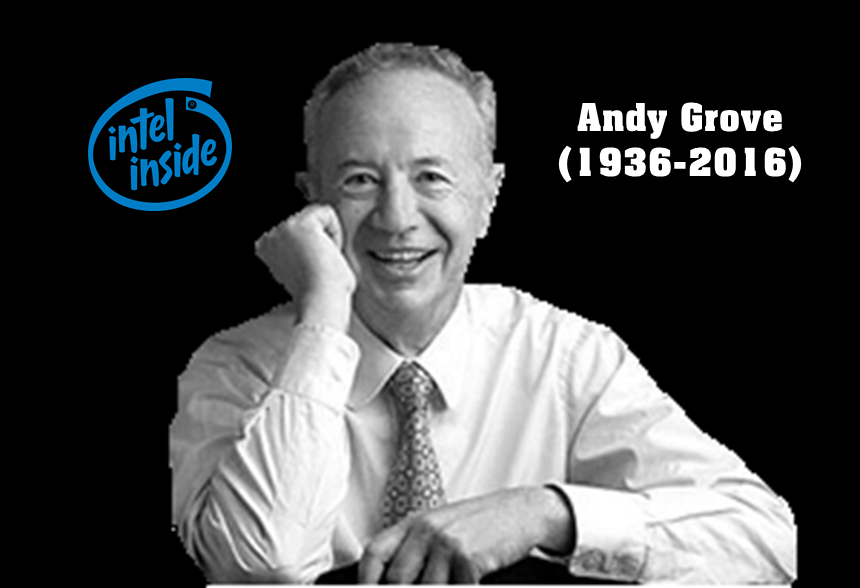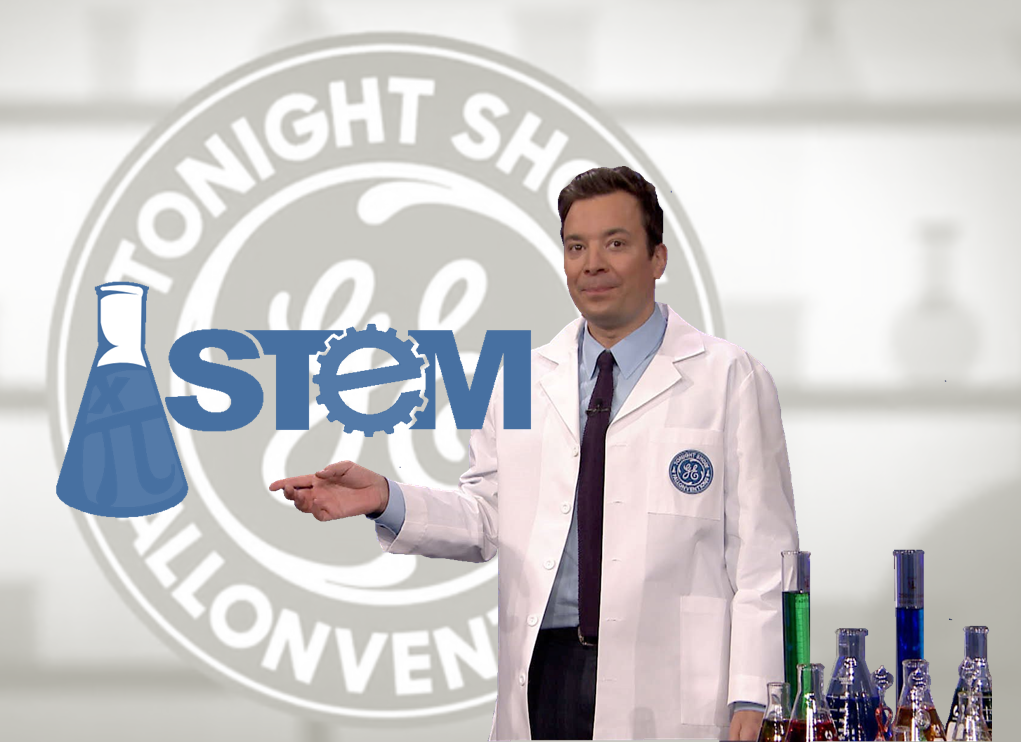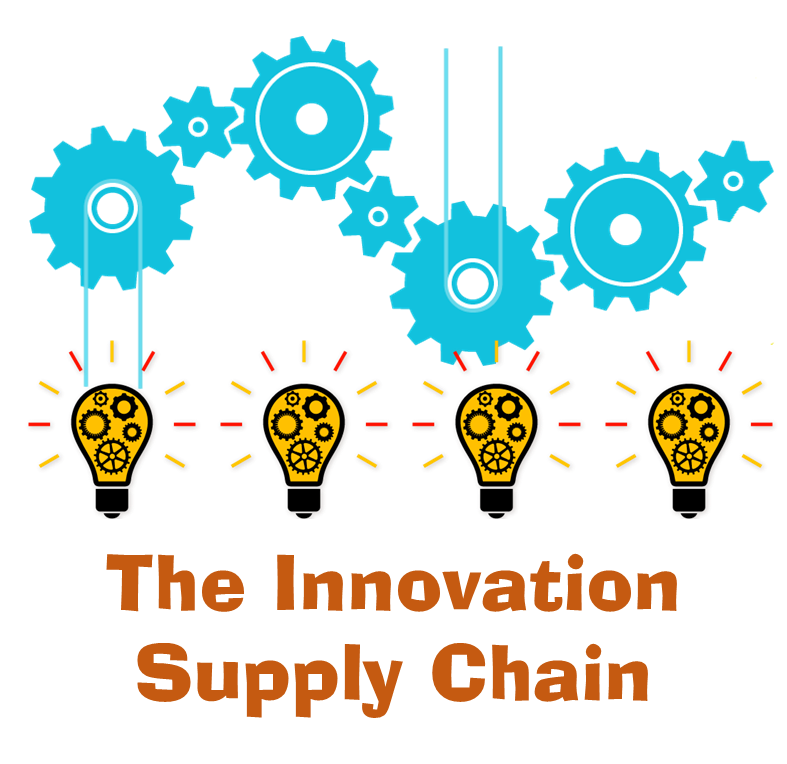
Andy Grove, Innovation, STEM Education, and Jobs
In March Andy Grove, the former CEO and Chairman of Intel, passed away. Eulogies praising his remarkable life called him “a giant in silicon valley” and “a brilliant technologist.” They also credited
In this blog, we discuss cognitive computing and other technologies with a focus on supply chain management and innovation. Other topics of discussion include digital enterprise transformation, marketing, the Internet of Things, and smart cities. Our goal is to advance the public discussion about how cognitive computing and other advanced technologies affect the world in which we live.
Bradd C. Hayes is the active editor of this blog.

In March Andy Grove, the former CEO and Chairman of Intel, passed away. Eulogies praising his remarkable life called him “a giant in silicon valley” and “a brilliant technologist.” They also credited

“If we could come up with the next breakthrough technology by sitting around thinking, ‘What will the next break-through technology be?’ then we would all already be rich,” writes Greg Stevens.[1] He’s

Over the past couple of years there have been a number of reality television shows based on the art of survival. To be honest, most of us will never find ourselves in

“As a sprawling conglomerate,” writes Dan Adams (@DanielAdams86), “General Electric is a top producer of brute industrial equipment from locomotives to jet engines to power plants — oh, and lately, Snapchats.”[1] General

For techies, January not only ushers in a new year it introduces them to the latest electronic gadgets during the annual International Consumer Electronics Show (CES) held in Las Vegas. The CES is

“Innovation is difficult,” writes David Berry (@DavidBerry26), an inventor, entrepreneur, and partner at Flagship Ventures. “If one is willing to traverse the boundary of the unknown, one should pursue the course that

“As the world of work continues to evolve at a rapid pace,” writes Jacob Morgan (@jacobm), an author and futurist, “innovation continues to become both a top priority and a top challenge.”[1]

Destroying things is always easier and quicker than building them and killing things is always easier and cheaper than keeping them alive. This is just as true for ideas and new concepts

“Capitalism is under attack,” Eric Beinhocker and Nick Hanauer write. “The financial crisis of 2008, the stagnation of the middle class in many developed countries, and rising income inequality are challenging some

New ideas can come from people of any age. “Benjamin Franklin invented swim flippers when he was 12 years old. Frank Epperson, age 11, conceived of the popsicle, and 16-year-old George Nissen
All Rights Reserved. Privacy Policy | Terms and Conditions ©2024 Enterra Solutions LLC® | Click for Accessibility

inquiries@enterrasolutions.com

One of our team members will reach out shortly and we will help make your business brilliant!